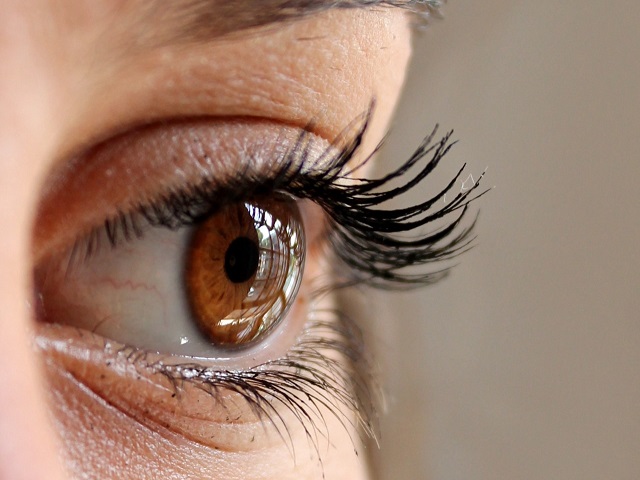5 Signs You May Have Macular Degeneration -- Symptoms, Causes, Effects, Treatment and Prevention
Macular degeneration, also known as age-related macular degeneration (AMD), is a progressive eye condition that affects the macula, the central part of the retina responsible for sharp, central vision. It is a leading cause of vision loss among older adults. Macular degeneration primarily affects individuals over the age of 50 and can significantly impact a person's ability to read, drive, and recognize faces.
Symptoms of Macular Degeneration
The symptoms of macular degeneration may vary depending on the stage and type of the condition. Common symptoms include:
- Blurred or distorted central vision: Straight lines may appear wavy or distorted, and objects in the central field of vision may appear blurry.
- Reduced central vision: The loss of central vision may make it difficult to perform tasks that require detailed vision, such as reading or recognizing faces.
- Dark or empty areas in vision: A blind spot or dark area may appear in the center of the visual field.
- Decreased color perception: Colors may appear less vibrant or washed out.
- Difficulty adapting to low light: Individuals may have difficulty adjusting to low-light conditions and may experience increased sensitivity to glare.
Diagnosis of Macular Degeneration
Diagnosis of macular degeneration typically involves a comprehensive eye examination, which may include:
- Visual acuity test: Assessing the clarity and sharpness of central and peripheral vision.
- Dilated eye examination: Examining the retina and macula for signs of degeneration, such as drusen (yellow deposits).
- Optical coherence tomography (OCT): Producing detailed cross-sectional images of the retina to detect abnormalities.
- Fluorescein angiography: Injecting a dye into the bloodstream to assess blood flow in the retina and detect abnormal blood vessels.
Causes of Macular Degeneration
The exact causes of macular degeneration are not fully understood, but several factors may contribute to its development, including:
- Age: Macular degeneration is more common in individuals over the age of 50.
- Genetics: Certain genetic variations may increase the risk of developing macular degeneration.
- Smoking: Smoking tobacco significantly increases the risk of macular degeneration.
- Family history: Individuals with a family history of macular degeneration are at a higher risk.
- Cardiovascular health: Conditions such as high blood pressure, high cholesterol, and obesity may contribute to macular degeneration.
Effects of Macular Degeneration
Macular degeneration primarily affects central vision, leading to difficulties with tasks that require fine visual detail. It can significantly impact a person's quality of life, including:
- Reading difficulties: Words may appear distorted or difficult to read.
- Difficulty recognizing faces: Facial features may be harder to distinguish.
- Impaired driving ability: Reduced central vision may affect the ability to see road signs and other vehicles.
- Challenges with activities of daily living: Tasks such as cooking, sewing, or using electronic devices may become more challenging.
- Emotional impact: Macular degeneration can lead to frustration, depression, and social isolation.
Treatment and Prevention of Macular Degeneration
Currently, there is no cure for macular degeneration, but treatment options exist to slow down its progression and manage its effects. Treatment approaches may include:
- Anti-vascular endothelial growth factor (anti-VEGF) therapy: Medications are injected into the eye to inhibit the growth of abnormal blood vessels and reduce swelling.
- Laser therapy: Certain types of macular degeneration may be treated with laser therapy to destroy abnormal blood vessels.
- Low vision aids: Devices such as magnifiers, telescopic lenses, or electronic visual aids can help individuals with low vision perform daily tasks.
- Lifestyle modifications: Adopting a healthy lifestyle, including a balanced diet rich in fruits and vegetables, regular exercise, and not smoking, may help reduce the risk or slow the progression of macular degeneration.
Regular eye examinations: Routine eye exams can help detect macular degeneration at an early stage and enable timely intervention.
References:
American Academy of Ophthalmology. (2020). Age-Related Macular Degeneration. Retrieved from https://www.aao.org/eye-health/diseases/amd-macular-degeneration
National Eye Institute. (2019). Facts About Age-Related Macular Degeneration. Retrieved from https://www.nei.nih.gov/learn-about-eye-health/eye-conditions-and-diseases/age-related-macular-degeneration


















